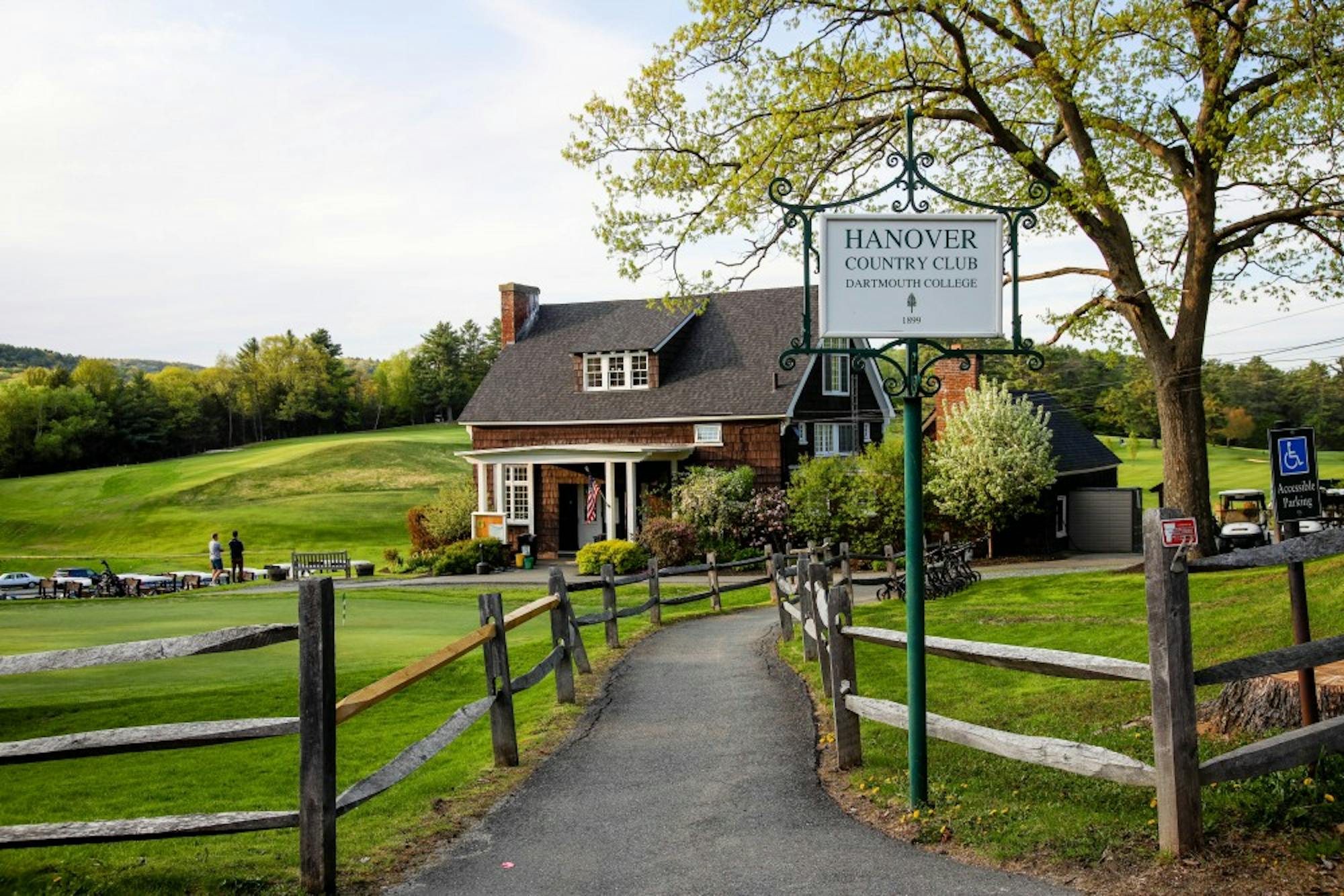When he died in 2002, Robert Keeler ’36 left a $3.8 million endowment to the Dartmouth golf course in his will. The donation, however, triggered a lasting legal battle: When the college-owned Hanover Country Club closed for financial reasons in 2020, the Robert T. Keeler Foundation and the Keeler estate demanded the College return the money, according to John Laboe, the attorney representing both Keeler’s estate and foundation.
According to Laboe, Keeler set aside the funds for the “sole and exclusive purpose of preserving, enhancing and improving the golf course.” If the money is not spent on the golf course, it must be given back, Laboe said. Although the course closed, College spokesperson Diana Lawrence wrote in an email statement that the $3.8 million is an “irrevocable, completed gift” that the College is not obligated to return.
“Dartmouth College decided, completely on its own volition, that the land of the golf course could be better used more profitably for other purposes,” Laboe said.
Legally, institutions can adjust the use of charitable gifts if the donor consents to the modifications, or if the donor’s original purpose becomes impossible, impracticable, unlawful or wasteful, according to the New Hampshire Department of Justice. Under these circumstances, the institution can utilize the donation if it adheres to the donor’s “probable intention,” as judged by a court of law.
In February, the Attorney General’s Charitable Trusts Unit — an office which protects donors’ intentions in New Hampshire — endorsed the circuit court’s February decision that Dartmouth can keep the $3.8 million dollars if it is used for “golf-related” purposes, according to the Valley News.
Charitable Trusts Unit Director Diane Quinlan declined to comment, since the case is currently pending in the New Hampshire Supreme Court.
“The fact that there is a completed gift does not in any way, shape or form remove the obligation to follow the donor’s directions,” Laboe said in his arguments before the New Hampshire Supreme Court on March 30, according to court records.
Laboe said he is appealing the circuit court’s decision, arguing that the gift’s “special instructions” — requiring the gift to be used on the golf course itself — are “crystal clear.”
“The Attorney General’s division of charitable trust is supposed to protect the intentions of Robert Keeler and ensure Dartmouth College follows the rules, and not just let them do what they want,” Laboe said. “But the division did just let them do what they want.”
Dartmouth hired outside counsel Ralph Holmes to represent the Board of Trustees in the case, according to court records. On March 30, Holmes argued before the New Hampshire Supreme Court that the Keeler estate and foundation have no standing to appeal the February decision, explaining the gift will serve future generations of the Dartmouth golf community, the Valley News reported.
Holmes declined to comment, as the case is ongoing.
Lawrence, however, said the College sought approval from the New Hampshire Attorney General’s Office and the courts to use Keeler’s donation “for a purpose that is as near as possible to the donor’s intent.”
Lawrence added that the College will use the $3.8 million fund “for specific, golf-related purposes,” including the study and design of golf areas, as well as practice holes for the College’s physical education programs, recreational golf programs and varsity golf programs.
Women’s varsity golf head coach Alex Kirk, who ran the Hanover Country Club for 15 years, said the funds could also improve facilities for the College’s varsity teams. Kirk explained that the men’s and women’s team currently play golf “on the road,” practicing in the fall at Montcalm Golf Club in Enfield, New Hampshire — a 20-minute drive from campus. In spring, summer and winter, the teams practice at the Leverone Field House and a driving range near the Rugby House.
The College has not disclosed any official plans for the land that was formerly the golf course, stating in a 2020 FAQ that “the property remains important to Dartmouth’s future.”
Men’s varsity golf co-captain Charles Petrie ’22 said he did not understand why the Hanover Country Club closed at all.
“My impression was that the course could not be losing enough money to justify being cut, especially at a place like Dartmouth with the financial capacity to keep it going,” Petrie said. “It was more than just a golf course. It was something that brought that community together.”




